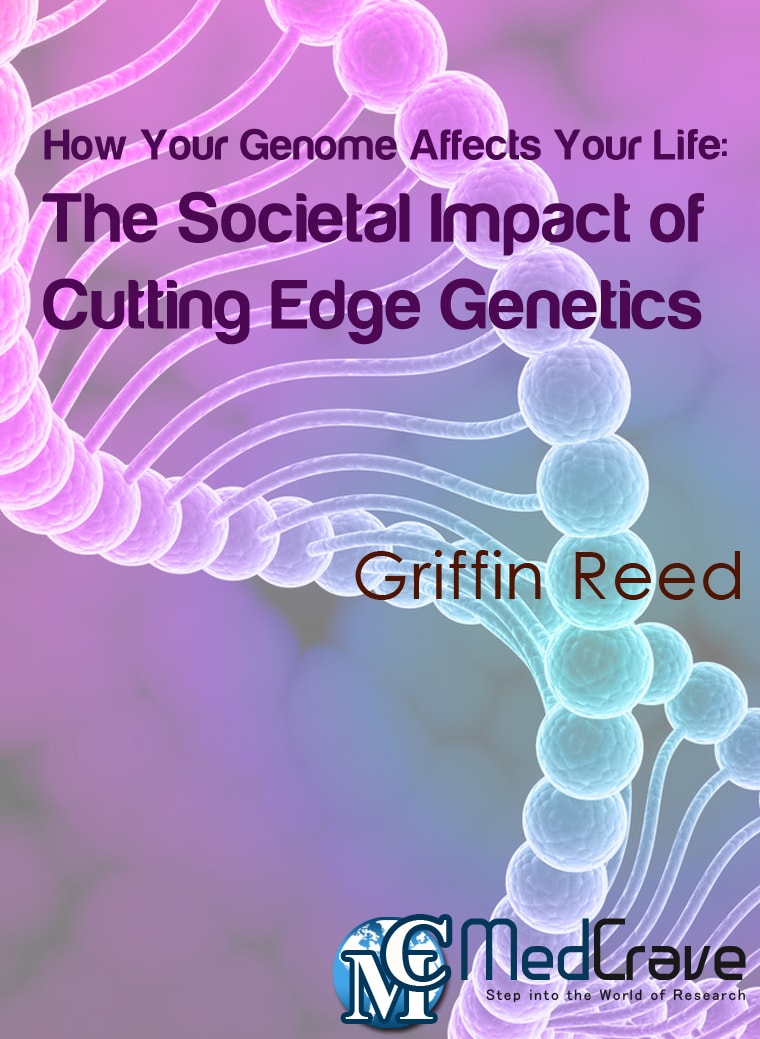eBooks View all | By AtoZ | By category
How Your Genome Affects Your Life: The Societal Impact of Cutting Edge Genetics
By Griffin Reed
Gustavus Adolphus College, USA
Published: Jun 17, 2017 | pg. no: 1-12
Abstract: Enormous advances are being made in the field of genetics that enable caregivers to predict diseases more accurately, prevent disease more effectively, and even treat disease by altering defective genes. However, many experts, including those on the Presidential Commission for the Study of Bioethical Issues, are concerned our society may be unprepared for the power that these new technologies bring (Gutmann, 2012). Three new fields in genetics offering both the most promise as well as the most peril are whole genome sequencing (WGS), epigenetic therapy, and gene therapy. WGS allows for both better diagnostics and better preventative care through genome-wide mutation detection. On the other hand, there are concerns WGS could cause individuals to unwillingly learn about untreatable diseases (such as Alzheimer’s or Parkinson’s) they are predisposed toward and that individuals could be discriminated against by employers or insurance companies based on their genetic information. Epigenetic advances provide a better understanding of how one’s life decisions affect the genes they pass onto their offspring, but with this knowledge may come the obligation to alter one’s lifestyle to increase their offspring’s quality of life. Gene therapy offers potential cures for previously untreatable or unsatisfactorily managed conditions through the addition, disruption, or editing of genes. Unfortunately, gene therapy is currently a high-risk and expensive treatment option, that is available only on a clinical trial basis. My honor’s thesis project will consist of three main components. First, I analyze the benefits and dangers of each new technology through a literature review. Second, I determined how an education in genetics alters individuals’ attitudes on ethical dilemmas presented by each of these technologies. I accomplished this goal through comparing survey responses of a January-term knitting class with no biology majors, students enrolled in a 100-level biology class, and students enrolled in the BIO-374 Genetics class at Gustavus Adolphus College. The survey includes questions to gauge the reader's acceptance of the technique as a whole, as well as on a variety of ethical dilemmas that arise due to each technique. Third, because education increases acceptance of the three genetic techniques studied in this paper, I recommend public education as a means to increase societal acceptance for these techniques.
View eBook
